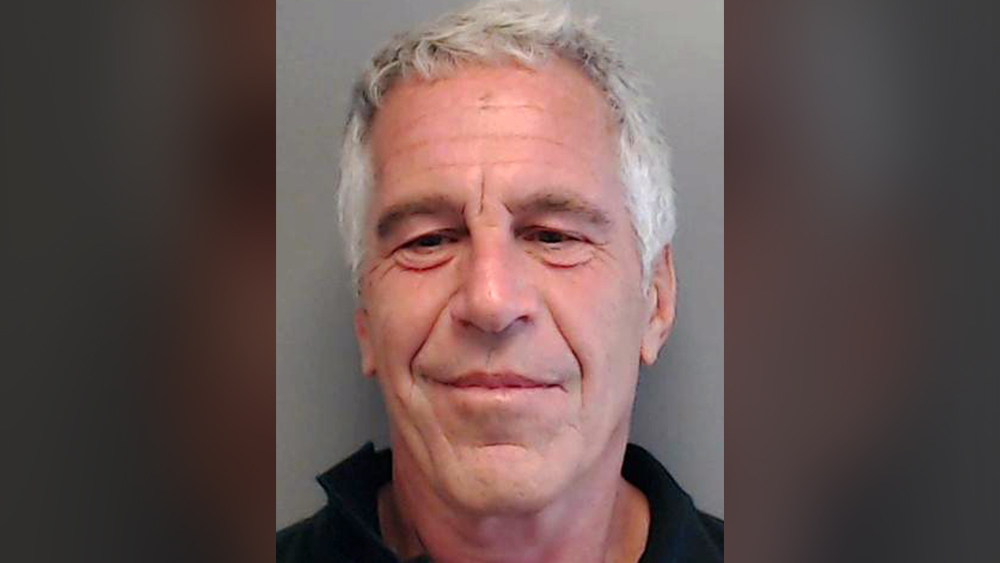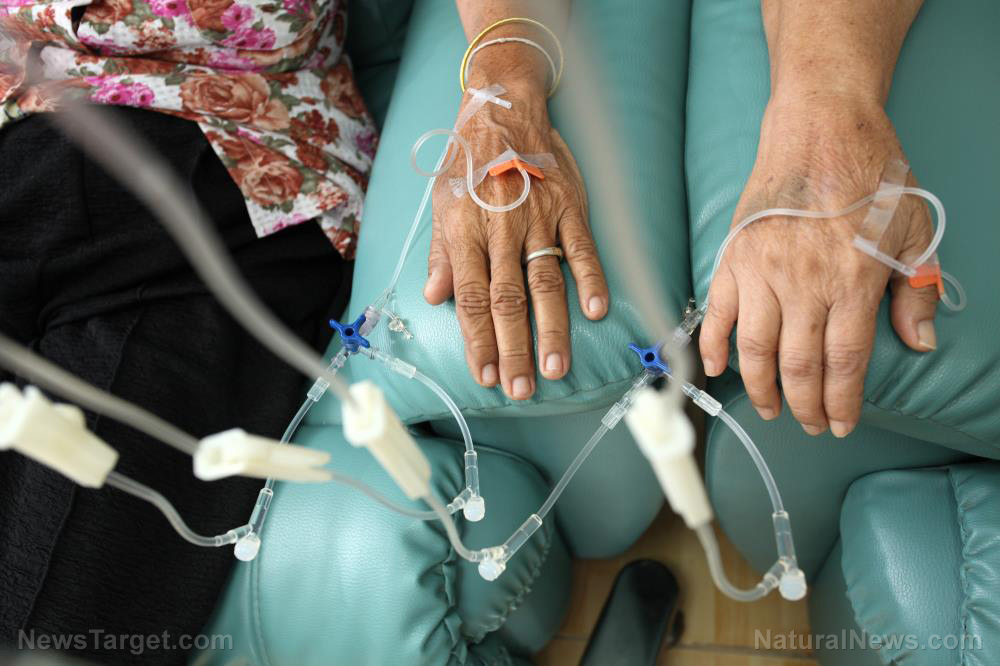Dr. Robert G. Wright's "Killing Cancer — Not People" challenges conventional beliefs about cancer causes and treatments
- In "Killing Cancer—Not People," Dr. Robert G. Wright argues that cancer is largely preventable, driven by lifestyle factors (diet, toxins, environment) rather than genetics, and critiques mainstream treatments like chemotherapy as ineffective or harmful.
- He disputes the inevitability of genetic cancer risks, emphasizing that gene activation depends on controllable factors. He also criticizes mammograms and the HPV vaccine, advocating for safer alternatives.
- Wright accuses the cancer industry, including the American Cancer Society, of prioritizing profits over cures – with billions in funding failing to deliver meaningful breakthroughs.
- His protocol focuses on diet (avoiding sugar, processed foods; embracing organic produce), detoxification (cleanses, ionized water), immune support and non-toxic therapies like Digital Infrared Imaging.
- The book urges individuals to take responsibility for their health, reject fear-based narratives and pursue evidence-based natural remedies to prevent and heal cancer.
Dr. Robert G. Wright's book "
Killing Cancer—Not People" offers a bold and unflinching look at cancer, challenging conventional beliefs about its causes and treatments.
Wright begins with a powerful quote from Martin Luther King Jr.: "Darkness cannot drive out darkness. Only light can do that." For Wright, that light is the truth – about what cancer really is, why it develops and how it can be prevented and addressed.
The statistics are alarming. According to the American Cancer Society (ACS), one in two men and one in three women will experience cancer in their lifetime. Soon, that figure may rise to 50 percent – meaning that if you stand next to someone, one of you will likely face this disease.
Yet Wright argues that
cancer is largely preventable. Lifestyle factors – diet, environment and toxin exposure – play a far greater role than genetics. Only about five percent of cancers are linked to inherited genes, and even then, gene expression depends on how we live.
Wright dismantles the myth of genetic inevitability, particularly in cases like the breast cancer gene. Women with this gene are often pressured into radical preventative surgeries, yet some still develop cancer afterward. The real issue, he explains, is not the gene itself but whether it becomes active – something that can be controlled through proper prevention.
Prevention starts with personal responsibility. The Human Genome Project, once hailed as a breakthrough, has failed to deliver cures. Instead, Wright emphasizes the power of the immune system: What heals cancer also prevents it, and vice versa.
He critiques mainstream treatments like chemotherapy and radiation, arguing they do not cure cancer – though surgery may sometimes be necessary. Real healing, he insists, comes from
understanding cancer's root causes and applying proven, natural treatments.
Wright doesn't shy away from controversy. He accuses the ACS of corruption, questioning where billions in research funding have gone. He asserts that there's no financial incentive for a cure, as the cancer industry profits from ongoing treatments.
He also challenges widely accepted practices like mammograms, citing studies that show they can cause or spread cancer. Instead, he recommends safer alternatives like Digital Infrared Imaging.
The book explores lesser-known risks, such as bras and deodorants. Tight bras may restrict lymphatic drainage, trapping toxins in breast tissue, while aluminum-based deodorants have also been linked to breast cancer.
Another contentious topic is the HPV vaccine Gardasil. Wright references reports of severe side effects and deaths, urging parents to consider
non-toxic prevention methods for cervical cancer.
So, what can individuals do? Wright's protocol begins with diet. Sugar, artificial sweeteners, meat, dairy and processed foods should be avoided while fresh vegetables, organic oatmeal, beans, seeds, nuts and superfoods like avocados and apricot kernels are essential.
Supplements play a key role, as does ionized water, which helps alkalize the body and neutralize harmful free radicals. Detoxification is another critical step. Wright advocates for colon, liver and gallbladder cleanses, along with parasite removal using enemas, herbal supplements and other detox methods.
He also stresses the importance of support. Having an advocate or hiring a cancer coach who understands alternative treatments can make a crucial difference in navigating the healing process.
Wright's message is clear:
Cancer is complex, but it can be overcome. By rejecting misinformation, embracing natural prevention and taking control of health, individuals can dramatically improve their chances of healing.
His book is a call to action, a demand for truth in a field clouded by profit-driven agendas. The path to defeating cancer, he argues, lies not in fear – but in knowledge, responsibility and the courage to seek alternatives.
Watch this video about the book
"Killing Cancer—Not People" by Dr. Robert G. Wright.
This video is from the
BrightLearn channel on Brighteon.com.
Sources include:
Brighteon.ai
Brighteon.com
 Parler
Parler Gab
Gab










